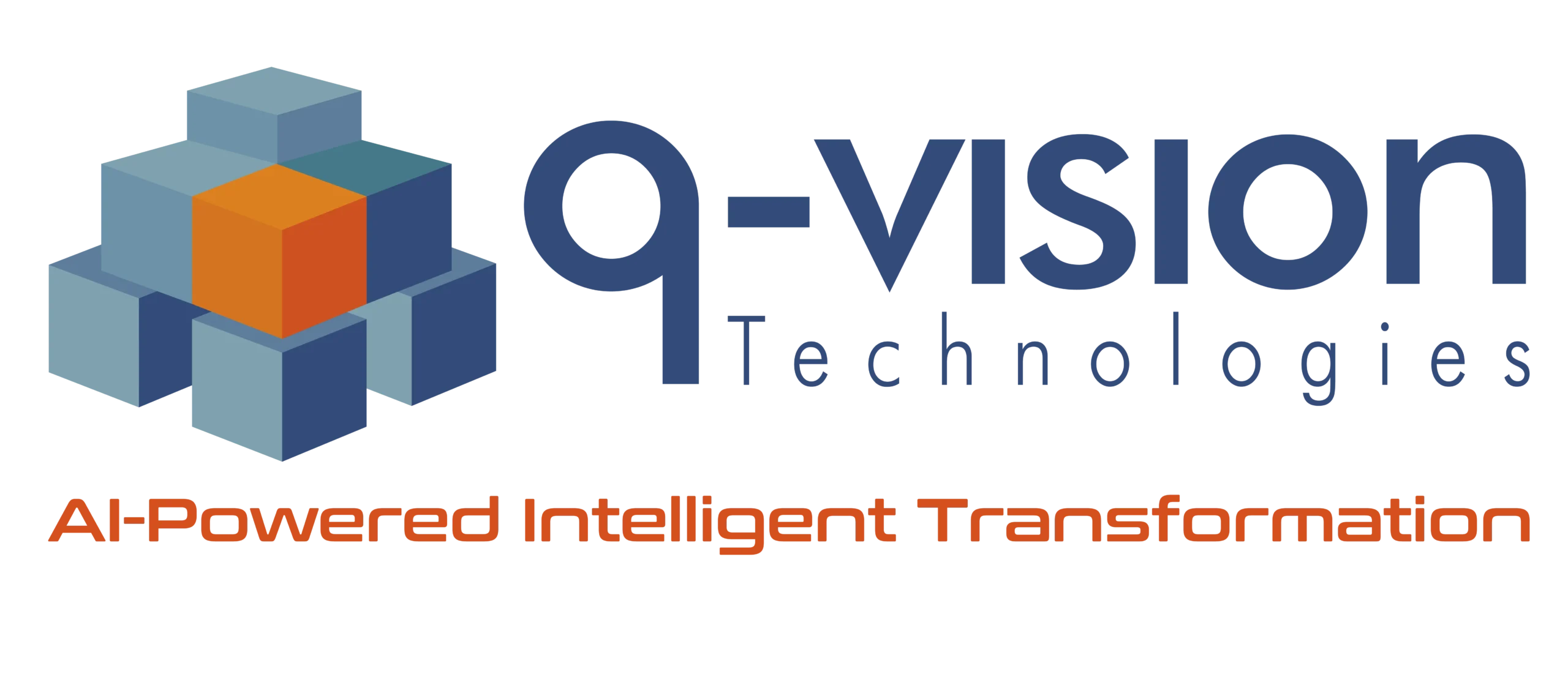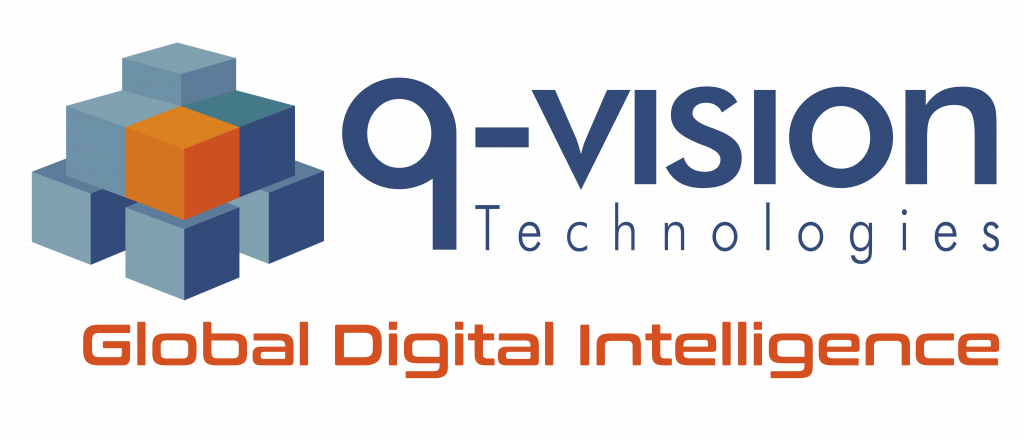Traceability and Explainability: Opening the Black Box
One of AI’s biggest challenges today is that its decisions often seem inexplicable—even to its own developers. Models trained on massive datasets with countless variables can produce outputs that are nearly impossible to audit. This is unacceptable in sensitive industries like healthcare, finance, or human resources, where decisions directly impact people’s lives.
Advanced governance relies on practices like data lineage, fairness testing, and the use of explainable AI (XAI) models. These tools make it possible to track where data comes from, how it was processed, and how it’s being used in different models. This not only builds internal trust but also ensures compliance with emerging regulations such as the EU’s AI Act.
From Accuracy to Ethics: New Metrics for Data and Models
Until recently, the success of an AI model was measured almost exclusively by statistical accuracy. But accuracy alone is no longer enough. A prediction can be correct and still be unfair. It can discriminate, reinforce bias, or generate outcomes that, while technically valid, are socially or legally unacceptable.
That’s why frameworks such as Deloitte’s Ethical AI Maturity Model have emerged, helping organizations evaluate not just performance, but also fairness, accountability, social impact, and resilience against adversarial attacks. Forward-thinking companies are shifting to a holistic view where technology is measured not only by what it can do, but also by the values it upholds.
Governing Algorithms Means Governing Decisions
AI governance cannot stop at the data layer—it must extend to the algorithms themselves and the rules they apply. Models deciding on credit approvals, hiring processes, or dynamic pricing cannot simply run unchecked. There must be mechanisms to audit, adjust, or even shut down a model if unwanted behavior emerges.
This requires clear role definitions: who configures models, what protocols exist for reviewing automated decisions, and how objections or appeals are managed when outcomes are perceived as unfair. As AI takes on more mission-critical tasks, these safeguards become strategically essential.
Regulation on the Rise: Legal Pressure as a Catalyst
Regulation is no longer a distant concern—it’s already here. Policies like the EU AI Act, the Algorithmic Accountability Act in the US, and Colombia’s Habeas Data Law are pushing organizations to deliver greater transparency, human oversight, and risk reporting.
Gartner (2024) predicts that over 85% of AI project failures will stem from weak governance. Companies that move proactively—building processes for traceability, explainability, and oversight—won’t just avoid penalties, but will also gain reputational advantage in a market where trustworthy technology is increasingly valued.
The Strategic Role of Leadership in Data
AI data governance cannot be siloed within IT or data science teams. It requires a cross-functional approach that integrates legal, ethical, operational, and business perspectives. New roles like the Chief Data Officer and Data Governance Committees are emerging to translate ethical principles into operational reality.
Every AI initiative should ask fundamental questions:
-
Who is affected by this system?
-
Who controls its decisions?
-
How is it audited?
-
What happens if it fails?
This is the new strategic conversation leaders must be willing to have.
Q-Vision Technologies: Turning Data into Trusted Decisions
At Q-Vision, we believe the value of data lies not in its volume, but in its ability to drive reliable decisions. That’s why we help organizations transform data into actionable knowledge, aligned with their strategy and built on quality, efficiency, and compliance.
Our capabilities include:
-
Designing and executing pipelines for structured and unstructured data.
-
Validating data quality and consistency for analytics and business intelligence.
-
Automating queries and analysis with SQL and visualization tools.
-
Supporting data science projects from data sourcing to preparation and modeling.
We connect data to business outcomes, ensuring that the information fueling your systems—including AI—is trustworthy, usable, and results-driven.










